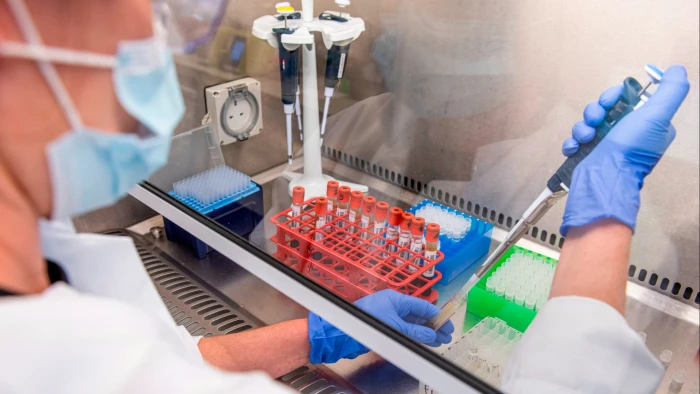Oxford and Ellison Institute Launch Ambitious AI Vaccine Program

Oxford’s Groundbreaking AI-Driven Vaccine Research
The University of Oxford, in collaboration with the Ellison Institute of Technology, has announced a major new research initiative harnessing artificial intelligence to accelerate vaccine development and combat antibiotic-resistant diseases. This bold move places Oxford at the forefront of AI-enabled medical research, responding to urgent global health challenges[7].
Why This Matters: Tackling Superbugs and Emerging Threats
Antibiotic resistance is a rising crisis, with estimates suggesting that drug-resistant infections could claim 10 million lives annually by 2050 if left unchecked. Traditional vaccine development can take years, but the newly launched CoI-AI program aims to drastically speed up this timeline. By systematically studying immune responses to tough-to-target bacteria and viruses, the initiative seeks not only to make vaccines faster, but to outpace evolving infectious agents[7].
Details of the CoI-AI Program
- AI for Immune Mapping: Using advanced machine learning models, researchers will analyze vast immune system datasets to uncover how humans respond to severe infections.
- Personalized Vaccine Strategies: The program intends to tailor vaccine recommendations based on predictive AI models of immunity, addressing highly variable immune responses across global populations.
- Antibiotic Resistance Focus: Special attention will be given to pathogens that are driving the rise in untreatable infections.
The project is designed as a multi-year international effort, drawing expertise from immunologists, computer scientists, and public health experts.
The Road Ahead: Expert Perspectives
Industry observers note this collaboration signals a new era in which AI plays a central role in addressing pressing public health threats. As Dr. Andrew Pollard of the Oxford Vaccine Group remarks, 'Leveraging AI could be our best chance to get ahead of the next pandemic and save millions of lives.'
If successful, the CoI-AI program could serve as a blueprint for integrating AI into clinical research, enhancing medical preparedness globally and ensuring life-saving vaccines reach those in need more rapidly than ever before[7].
How Communities View Oxford’s AI Vaccine Research
The launch of Oxford’s AI-powered vaccine initiative has sparked lively debate across X/Twitter and r/MachineLearning.
- Optimism on Impact (55%): Many academics, health professionals, and users such as @BioAI_Insights hail the project as a 'game-changer' for public health, with comparisons to the impact Oxford had during the COVID-19 vaccine race.
- Cautious Enthusiasm (20%): Technologists on Reddit express hope but stress the need for transparent, peer-reviewed research and warn about the overpromising potential of AI.
- Concerns about Privacy/Ethics (15%): Some, including r/Privacy and bioethics voices, raise concerns over data sharing and the possible risks of using patient immune data in large-scale machine learning models.
- Skepticism/Wait and See (10%): A smaller contingent, notably @SkepticScientist, question whether AI can deliver meaningful breakthroughs in such a complex biological domain, referencing past overhyped AI-for-healthcare projects.
Notable contributors include Prof. Sarah Gilbert (@vax_prof), weighing in with optimism tempered by calls for realistic expectations. Overall sentiment is strongly positive, but with an undercurrent urging careful validation of AI-powered discoveries.